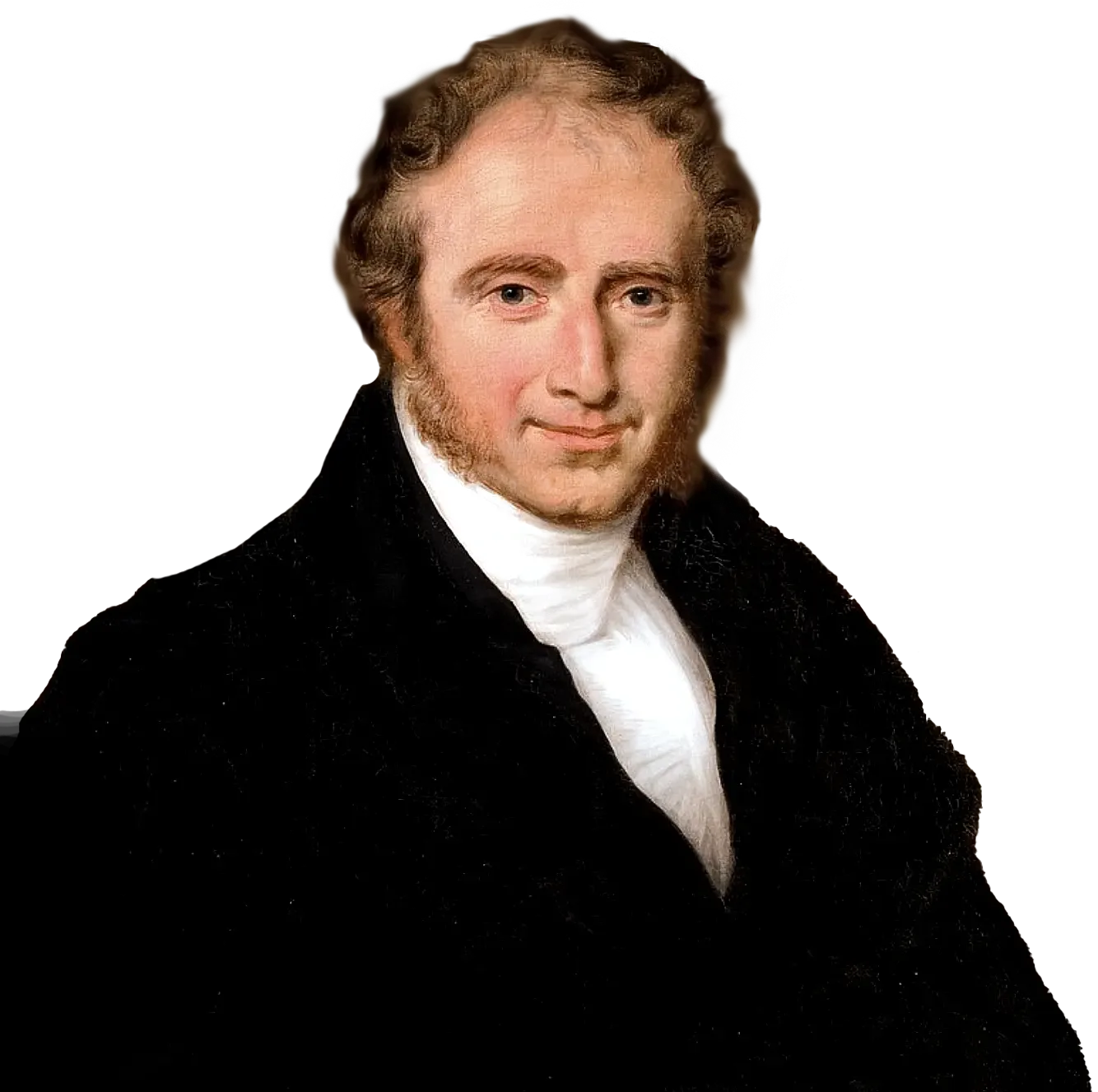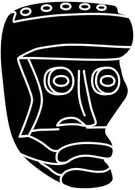Our history lies quite literally beneath our feet. If you dig in the ground, you will most certainly (if you are looking in the right spot, that is) find remains of ancient civilizations and cultures. The study of such remains took a great leap forward in 1818 when Caspar Reuvens became the world’s first Professor of Archaeology.
At the time, following a period of French domination, King William I was eager for the Netherlands to improve and develop both scientifically and culturally. He was particularly interested in antiquity. Reuvens was a jurist and archaeologist who from a young age had gained a reputation in archaeology.
Archaeological research
Reuvens was born in The Hague in 1793. He studied law and classics in Leiden. After his studies, he moved to Paris where he obtained a PhD in law. A working visit to the Louvre awakened in him a renewed interest in antiquity, following which he went on to conduct archaeological research.
In 1815 Reuvens was appointed Professor of Classics at the Harderwijk Polytechnic, but in 1818, King William I approached him about the job of his dreams, a Chair in Archaeology. In his position as Professor, Reuvens did not limit himself to classical antiquity, but also focused on the history and prehistory of the Netherlands.
Reuvens used research techniques that many consider to have been models for the later standard methods used by archaeologists across the world. His excavation of Roman remains in Voorburg in 1827 is considered to be one of the world’s first professional archaeological excavations.
National Museum of Antiquities
In appointing Reuvens, King William I sought more than knowledge development: he also wished to give the Netherlands a prestigious Museum of Antiquities comparable to similar museums in Paris, London or Berlin. Reuvens set to work and founded the National Museum of Antiquities in Leiden. This museum is still among the top ten museums of antiquities worldwide.
Unfortunately, Reuvens did not live long. He died of a stroke in 1835, aged 42. But he did leave his mark on the world of archaeology, and in Leiden, too, his legacy is felt to this day. The prestigious National Museum of Antiquities is one of the largest museums in the city. At his former home at Breestraat 27, which is now a student flat, you can still see a remarkable door knocker from Reuvens’ time. And the Leiden debating society for classical archaeology, K.A.D. Reuvens, also bears his name.

